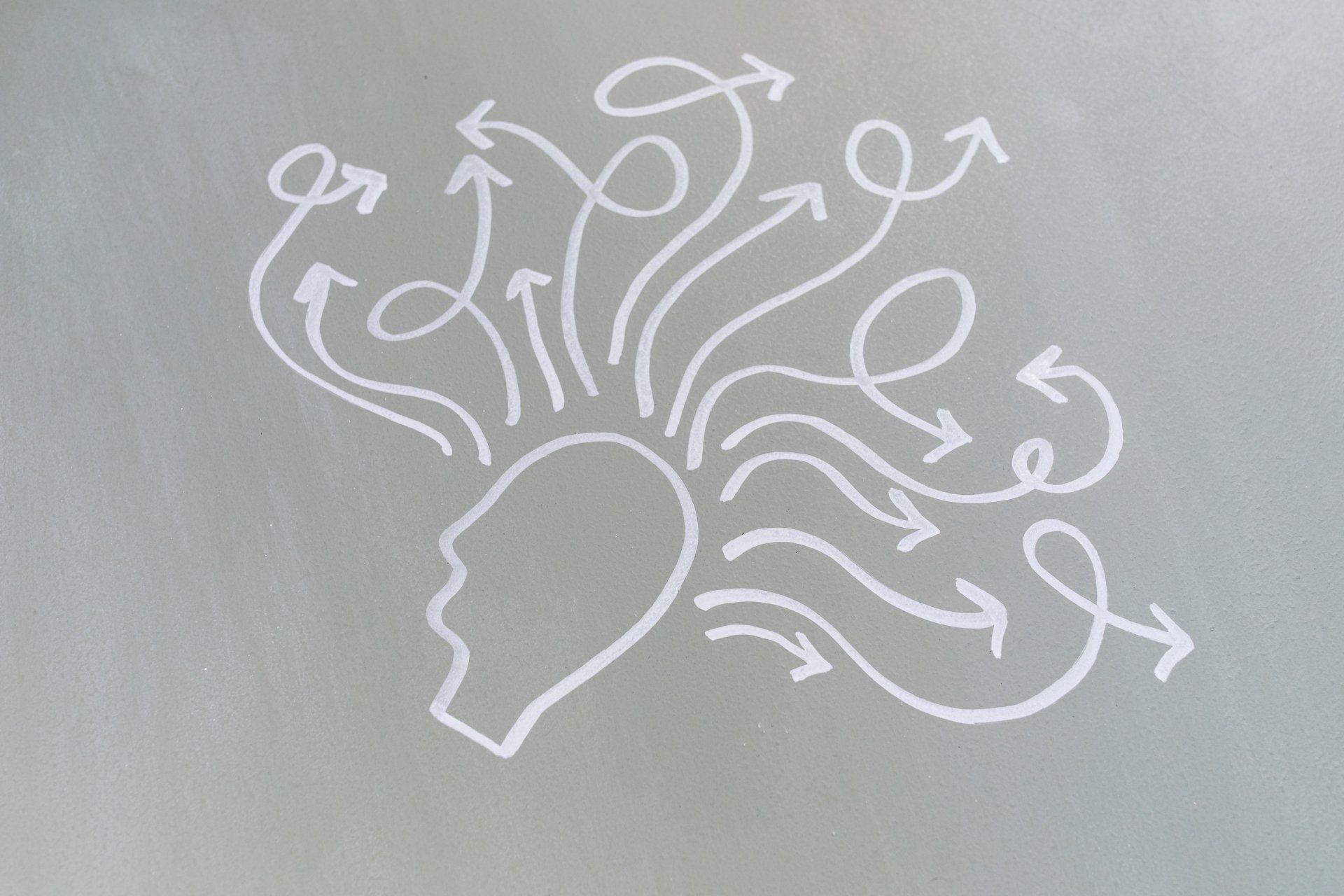Peak Performance for Athletes
Peak Performance for Athletes
Being an elite athlete doesn’t just involve physical strength and speed, but also requires discipline, focus, and resilience. While physical training is important for conditioning, mental training may help improve things like resilience and focus.
You may have learned about flow from our previous blog post , but as a reminder, flow is an optimal mental state that involves complete focus on a task or activity. It is characterized by a sense of self, full focus, complete involvement, and total confidence. As an athlete, being able to achieve and maintain a flow state can dramatically improve performance. For instance, if a tennis player is able to tune out all distractions and enter a calm, relaxed state, the game becomes effortless regardless if you are winning or losing. In the event that they lose a set, they’ll know how to make adjustments and move on instead of losing their cool and getting frustrated. Overall, maintaining a focused, calm, and alert mental state is vital for any athlete. So how can an athlete reach a flow state? Well, peak performance neurofeedback training can guide you.
The idea behind neurofeedback is simple and painless. Your brainwave activity is recorded through sensors that are placed on your scalp. The information is then processed through a software and transferred to a computer. The software will play video and sound when it recognizes that you are becoming more relaxed, calm, alert, and focused. The video and sound will stop playing the moment you lose focus or become anxious.
Researchers have conducted several studies to investigate the effects of neurofeedback training on athletic performance. One study found that golfers were able to hole more putts after undergoing neurofeedback training. Similarly, swimmers went through neurofeedback training which helped them stay calm and perform better. Another study observed the effects of neurofeedback peak performance training on 16 archers. In archery, activation of the brain’s right hemisphere (area associated with visual-spatial processing) and deactivation of the brain’s left hemisphere (area associated with verbal analytic processing) typically occurs. The 16 archers went through neurofeedback training where they were able to watch and receive rewards based on their left and right hemisphere activity. The results revealed that performance was improved in the 8 archers that were rewarded for having less activity in the left hemisphere. In contrast, archers who were rewarded for having less activity in the right hemisphere showed signs of deteriorating performance. This indicates that rewarding your brain for its activity can shift your thinking, focus and overall performance. As an archer, you don’t need to solve complex word problems (verbal analytic processing) but rather you need to have good hand-eye coordination (visual-spatial processing), which is why those who were rewarded for having less activity in the left hemisphere were able to perform better.
Listed below are a few professional athletes/teams who have used neurofeedback to improve their performance:
-
Kirk Cousins (NFL player)
-
Chris Kaman (NBA player with the Los Angeles Clippers)
-
Kerri Walsh-Jennings (Olympic beach volleyball champion)
-
Professional Football Clubs such as AC Milan, Real Madrid and Chelsea.
-
Boston Red Sox (Baseball franchise)
-
Dallas Mavericks (Baseketball franchise)
-
The New York Giants (Superbowl Champions)
-
Italian World Cup Soccer Team (won the World Cup in 2006)
-
Canadian Olympic Ski Team in 2009 (won most gold medals of any country in 2010 Winter Olympics)
Click here to watch NBA basketball player, Chris Kaman explain how peak performance neurofeedback training helped him on the court.
REFERENCES
Free All-Natural Solution for Behavior Disorders. (n.d.). Retrieved from https://www.naturalawakeningsboston.com/MIDS/June-2017/Free-All-Natural-Solution-for-Behavior-Disorders/
Mirifar, A., Beckmann, J., & Ehrlenspiel, F. (2017). Neurofeedback as supplementary training for optimizing athletes’ performance: A systematic review with implications for future research. Neuroscience & Biobehavioral Reviews ,75, 419-432. doi:10.1016/j.neubiorev.2017.02.005
Ring, C., Cooke, A., Kavussanu, M., Mcintyre, D., & Masters, R. (2015). Investigating the efficacy of neurofeedback training for expediting expertise and excellence in sport. Psychology of Sport and Exercise,16 , 118-127. doi:10.1016/j.psychsport.2014.08.005











